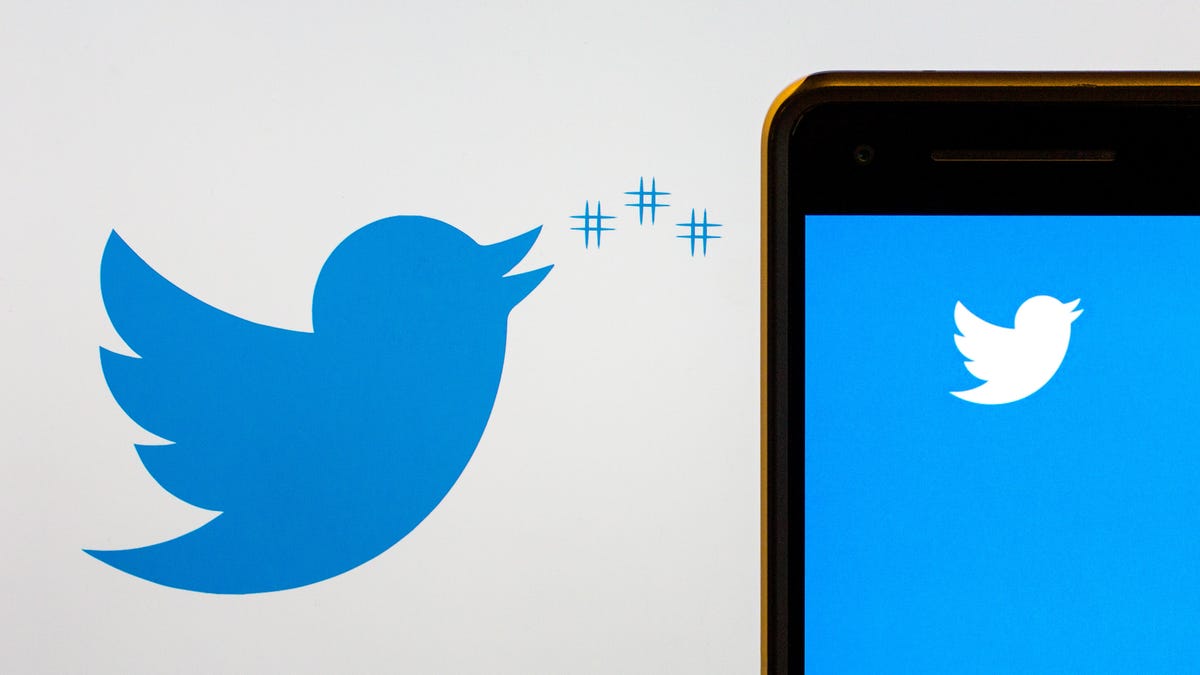Twitter makes students dumb, study finds
Using Twitter as an education tool brought test scores down among literature students in Italy, says a new study.

Maybe they should write good ol' essays instead?
Using Twitter to teach literature is producing lower test scores, especially for usually high-performing students, says a new study. Scores on a standardized test were reduced by between 25% and 40% of a standard deviation, says a paper published this month by researchers in the economics and finance department at the Catholic University of the Sacred Heart in Milan.
Twitter use caused more harm for female students, Italian-born students, students attending a lyceum (the highest form of high school in Italy) and students with higher baseline test scores.
"Using Twitter to teach literature has an overall detrimental effect on students' average achievement," says the study, spotted by The Washington Post. "The use of this Web 2.0 application appears to have stronger detrimental effects on students that usually perform better."
The paper also says teachers relying on Twitter-based learning are getting lazier; "knowing that students will somehow be assisted (by their own peers and by the central unit of TwL) could induce teachers to reduce their teaching effort."
In Italy, the Twitter-focused TwLetteratura (TwL) way of teaching has already been adopted by about 250 schools and 14,000 students, the paper said.
The TwL organization chooses a book, creates a hashtag and establishes a reading schedule that schools adopt. Students then tweet and comment on their favorite sentences or quotes.
This supposedly stimulates participation, but the researchers said their study is the first large-scale test of the actual impact on student achievement of using Twitter, specifically across reading, memorizing and understanding a literary work.
The study involved a randomized controlled trial of 1,465 students across 70 Italian high schools in 2016-17.
The students in the test group had been using Twitter to read, discuss and study a novel by Nobel Prize winner Luigi Pirandello called Il fu Mattia Pascal (translated by William Weaver as The Late Mattia Pascal). The control group used traditional learning methods to study the book.
Twitter declined to comment.

